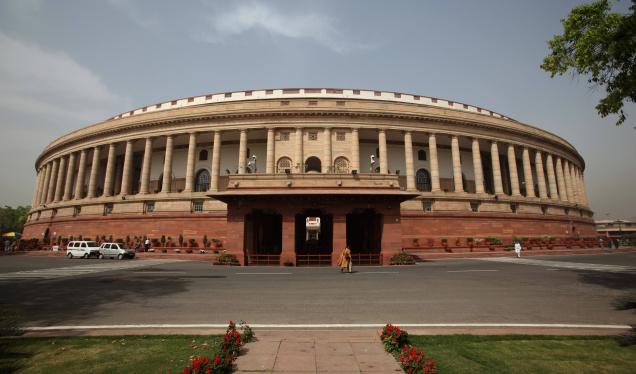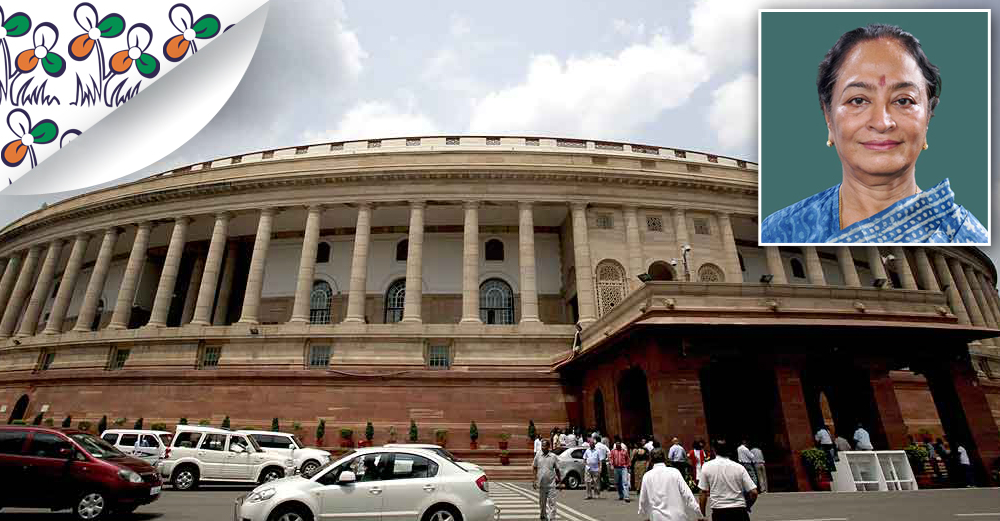Mr. Chairman, Sir, this year’s Union Budget has been presented at a time when the public discourse in India shifted from mere issues of development towards issues of social democracy. Nonetheless, one has to analyse the Budget as a fiscal document affecting the Indian people.
The classes of people who occupy the centre stage of the Budget are farmers and Scheduled Castes and Scheduled Tribes who otherwise do not find any place in the dominant discourse of the NDA Government. Two consecutive years of drought and allowing the drastic fall in global consumer prices has placed the farmers in severe distress. Farmers’ suicides have become the order of the day even in affluent States like Punjab. In such a situation much is needed to be done for rural India where 67 per cent of our population resides. Let us see what has actually been done in the Budget.
There has been substantial hype about focus on farmer and rural India. But a minute study of the Budget makes it clear that the claim is entirely baseless. I put some figures here to support my argument. In terms of the total outlay, irrigation accounted for only 0.14 per cent. In 2015-16 the allocation was Rs.13,500 crore, amount spent during that period was Rs.12,000 crore, amount remained unspent was Rs.1,500 crore. Agriculture and allied activities accounted for only 2.7 per cent of that total outlay. Rural development accounted for a mere 0.4 per cent of the total plan outlay. To be precise, agriculture, irrigation, There is one area of rural India which has got much importance in the Budget. That is the area of rural consumption demand. For that purpose, Rs 38,000 crore has been devoted to rural job creation through MGNREGA. Much emphasis has been put on creation of infrastructure and Rs 97,000 crore has been given for roads and highways. In addition, Rs 48,000 crore has been given for rural infrastructure. Any student of political economy would know that the sole purpose of this expenditure is to boost Indian industry and business which has been declining in profit. the Budget does not reflect any ideological shift towards the making of India. Coming to the urban poor and the middle class, the Budget does nothing for them. In fact, by increasing the proportion of indirect tax, Budget has been extremely regressive on them. In a few words, regarding the restless aspiring youth of India, the Budget does nothing to revive the lost hope.
Decreasing the allocation for higher education and education in general shows the commitment of the Government towards the youth of India.
Regarding my State, our Chief Minister Mamta Banerjee has provided inclusive governance and has fulfilled the hopes and aspirations of our people with limited resources without much need and appeal for financial assistance from the Central Government.
There has been some mild noise in the Budget regarding the hill sector. Yes, the dialysis will be cheaper but what about the cost and treatment of the patient which is always a burden on the poor?
We have been told that 100 per cent rural electricity will be completed by 2018. But in our State, already 100 per cent rural electrification has been achieved in early 2016. At the end, I have no other option but to say that this Budget has no hope for the industry, no hope for the youth, no hope for the poor and no hope even for the Sensex. Lastly, I would say that the Budget has continuously marginalized the Scheduled Castes and Scheduled Tribes. The allocation for the Scheduled Caste Dalit women is one per cent and for Adivasi women it is two per cent. Without taking into account the needs and voices of the women, the scheme lacks in understanding the life’s reality and is blind to the conscience of the Dalit and Adivasi women.
On 7th December 2015, it was reported in the Indian Express that hon. Prime Minister Narendra Modiji said that his Government is leaving no stone unturned to fulfill the vision and dream of Dr. B.R. Ambedkar to create a prosperous and inclusive India, whose views and thoughts he said have not been fully understood as yet. I would like to know whether you are going to fulfill such views and thoughts of hon. Prime Minister.




